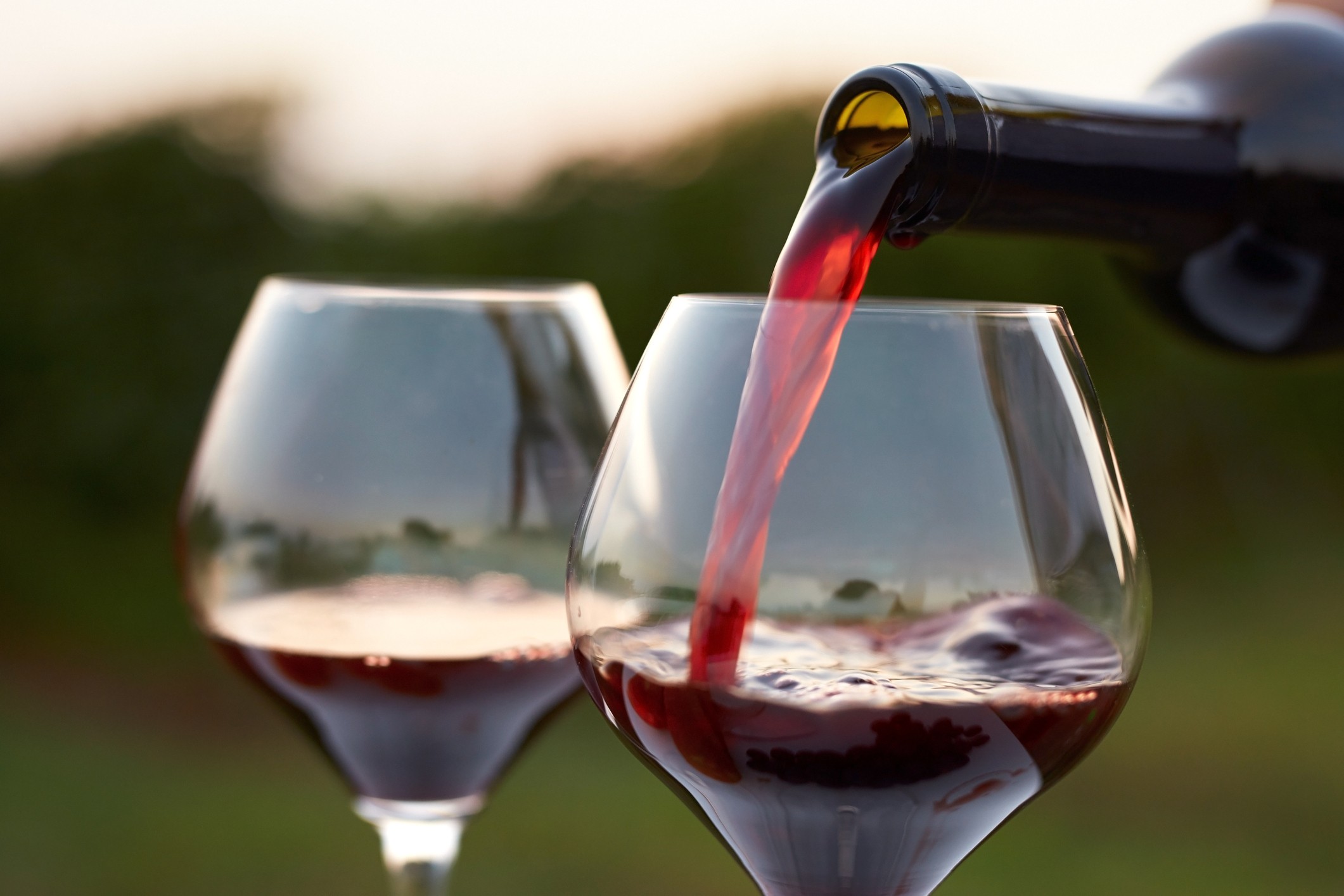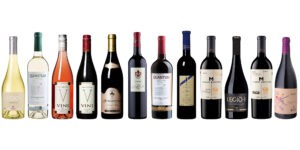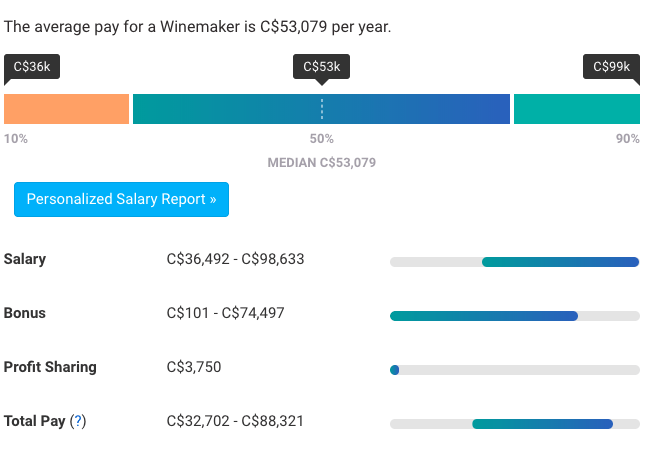[Introduction] When it comes to wine, Canada is known for its "late harvest" and "ice wine." It is the world's largest producer of ice wine. Not only do we have the best ice wine, but also the best winemaking major. So, in Canada, which schools offer wine-making-related majors? What are the professional skills taught in this major? What are the employment prospects and salaries? How do netizens and UtoCanada view this major? Let's take a look!
Introduction to the Canadian Wine / Viticulture major
Ice wine is a unique and rare specialty in Canada. It is world-famous and the most popular among other wines. Because real ice-wine is not only made from high-quality grape varieties and very strict fermenting techniques, its quality also depends on factors of the weather and timing, and its yield is extremely low, making ice wines generally expensive. It was originally produced and fermented in the cool climate of Europe. Because the climate of the Niagara Peninsula in Canada is particularly suitable for the production of ice wine, Canadian ice wine has always had a high reputation in the world.
In Canada, Okanagan Valley on the west coast and Niagara Falls on the east are the two main wine-producing areas in Canada. In addition to the world-famous ice wine, various red wines and white wines are also popular in the world. Winemaking may sound like an impressive profession, but it requires a lot of expertise, technology, and training to achieve. The winemaking major covers site selection, planting, harvesting, fermentation, and the entire process of winemaking.
Whether your interests lie in wine business management, winegrowing techniques, or wine marketing, wine and viticulture programs at Canadian colleges equip students with business and marketing skills as well as knowledge of wine and winemaking to prepare them for careers as wine and viticulture technicians, winemakers, vineyard managers and much more.
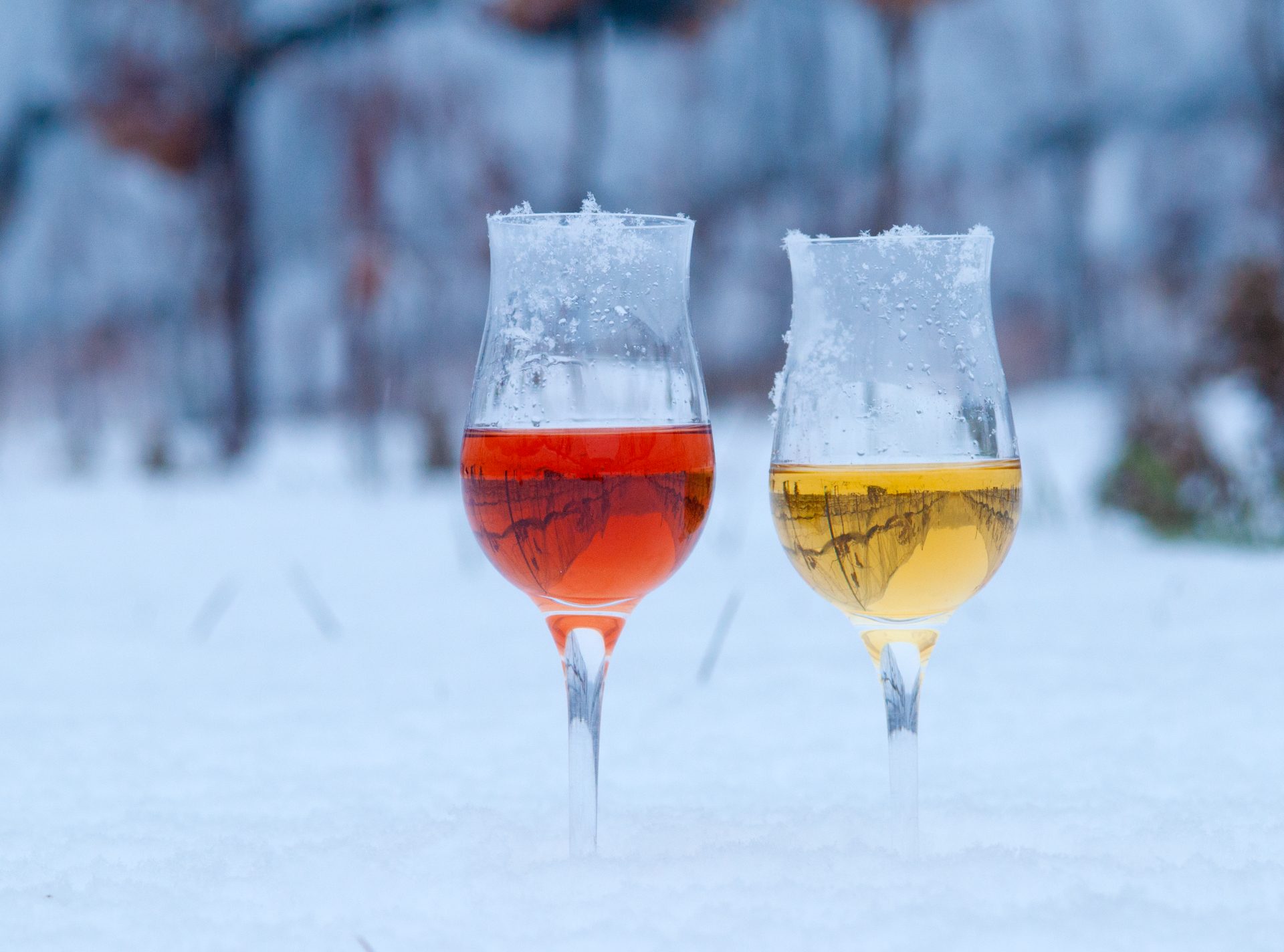
What knowledge and skills do students learn in the Canadian winemaking major?
Canadian wine and viticulture programs focus on different aspects of the industry:
- Wine Business Management.Students learn the fundamentals of retail and marketing in the wine industry, from exporting to event management. Sales, marketing, public relations, and business courses are emphasized, in addition to courses in wine production and wine and viticulture environmental practices.
- Wine and Beverage Management.These programs combine hospitality training with expert knowledge of the wine industry. Courses in wine and food matching and wine appreciation are matched with courses on business leadership, menu design, and budgeting to prepare students to work as wine experts in restaurants, resorts, catering companies, or to take on other wine industry careers.
- Winery and Viticulture Technician.These programs also cover the marketing and sales angle of the wine industry but will focus more heavily on vineyard and cellar operations. Courses on soils and fertilizers, pruning, and pest management are mixed with science-based classes on wine chemistry and vine biology.
Employment prospects for Canadian wine and viticulture graduates
After graduation, students can work as winemakers, viticulture technicians, vineyard managers, laboratory technicians, etc. Graduates can work in various careers, from working in a winery or vineyard to being a wine expert in beverage or catering companies, resorts, and many other organizations. Salaries in the field depend on the position you hold. Those in the management and hospitality industry could expect starting salaries of roughly $25,000 to $30,000 per year, with wage increases based on continuing education, experience, and expertise. Winery and viticulture technician salaries, as well as those of other careers in the production side of the wine business, typically start a bit higher, in the mid-$30,000 range.
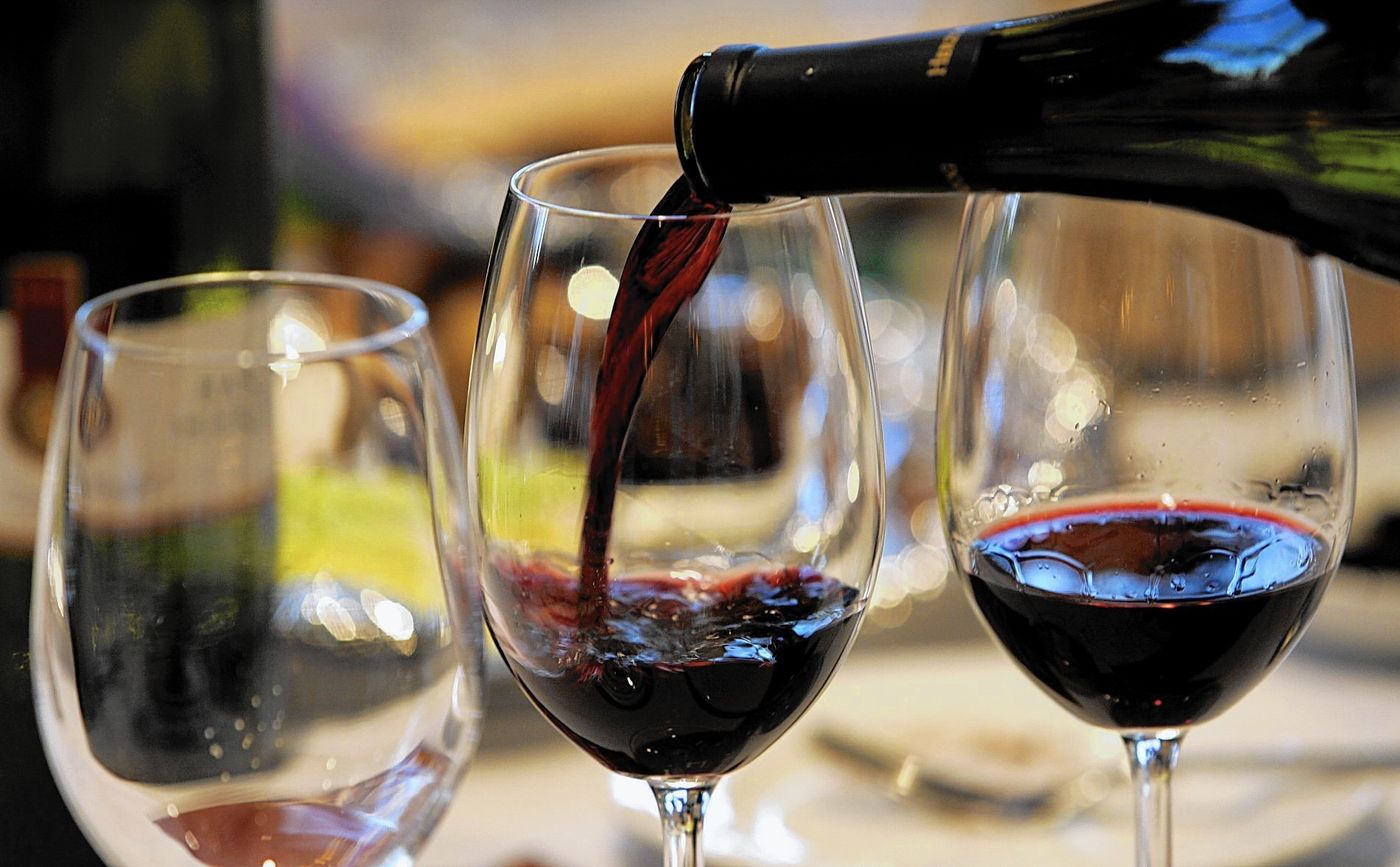
》Job description of a winemaker
According to the PayScale description,,
The winemaker is responsible for overseeing all stages of wine production, from the selection of harvested grapes to the final transfer of products to bottling or storage for aging. They use a scientific approach to determine acidity, sweetness, sulfur, and sulfite levels within a wine which equate to its overall quality and "drinkability" for consumers. Winemakers require extensive training to ensure their judgement of grapes' quality, as well as top-value handling and care. Many winemakers are also responsible for the management aspects of wine-making, so it's important to have strong managerial skills and be able to work well with others, including direction of those in lower positions. Some winemakers are even more involved with the business aspects and oversee record-keeping, presentations, sales, and appeal to the general public.
Winemakers are recommended to work at least five years within the wine-making industry, usually as an assistant winemaker or cellar associate, before becoming a head winemaker. A bachelor's degree in enology or a related field is not necessarily required, but strongly encouraged. Regardless of a degree, the knowledge of mixing chemicals for proper fermentation and taste is mandatory, as are the proper procedures for wine tank maintenance and pumps, tanks, and other related equipment. Salaries for winemakers can vary depending on education, experience, geography, and the company for which the winemaker works. Although the official wine season is only two months per year, winemakers work year-round on other aspects of the business, including fermentation, cultivating sources, bottling, aging, marketing, and sales. Because this career involves plenty of outdoor work, weather can make winemakers' schedules quite spontaneous.
The duties of a winemaker include:
- Oversee wine production, including when vintages are ready for sale.
- Lead wine tastings and represent the organization at events.
- Control inventory and address shortages with creative solutions.
- Oversee storage and bottling, including temperatures and hygiene.
- Conduct quality and improve production.
》Salary of winemaking graduates: the decisive factors & annual income
According to PayScale statistics, in Canada, the average annual salary of a winemaker is $53,079 CAD, with a lower-end salary at $32,702 and the higher end at $88,321.
The best schools for Wine / Viticulture in Canada
Niagara College
Niagara College is located in the southern part of Toronto, near Niagara Falls on the border of the United States. It is the peninsula with the lowest latitude in Canada. The employment rate of the two majors of Niagara College Wine and Viticulture Technician and Wine Business Management was as high as 95% in the past. Whether you want to become a professional winemaker or winery manager, your goals can be achieved in Niagara College. The majors emphasize the perfect combination of theory and practice. The school houses Canada's first and only commercial teaching brewery, a large amount of state-of-the-art facilities and equipment for on-site teaching, and more than 40 acres of teaching vineyards.
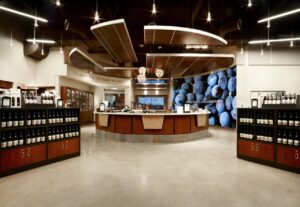
- Located in the booming tourist centre of Niagara, this area of thriving wine and hospitality industries houses a unique wine industry learning environment
- Graduates benefit from the outstanding reputation of these majors in the wine industry and are popular among employers and industry partners.
- The school has first-class teaching facilities in the industry and receives a large amount of financial support from the wine industry associations every year
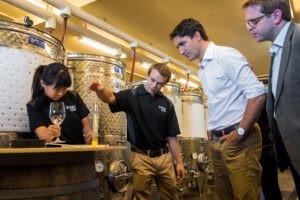


August 26, 2017 – Niagara-On-The-Lake, on, Canada – Prime Minister Justin Trudeau, right, is shown around the Niagara College teaching winery by winery and viticulture technician program student Kalem Magny, centre, and recent program graduate Di Yao at the campus in Niagara-on-the-Lake, Ont., Saturday, August 26, 2017. THE CANADIAN PRESS/Aaron Lynett (Credit Image: © Aaron Lynett/The Canadian Press via ZUMA Press)
Summary: UtoCanada's views on the wine/viticulture major
Most people consume wine as a way to enjoy life; but for students who are interested in wine production and sales methods, this is a refreshing and highly intriguing major. Niagara in Ontario, Canada is one of the areas for producing ice wine and the wines produced in the small lakeside town of Niagara known for being sweet and smooth. There are more than 45 wineries producing ice wine in Ontario alone, and Ontario's wine production accounts for 80% of all Canadian wines. Niagara College's wine/viticulture major and wine business management major has had an employment rate of 95% in the past. It is also the only college in Ontario that offers this major. Canadian Prime Minister Trudeau also visited this school in the past. Students in this major will learn all aspects of the knowledge needed to grow and maintain commercial vineyards, the management and operations of wineries, and how to sell and market wine. If you are passionate about this field, then this is your major.
Reference article:

